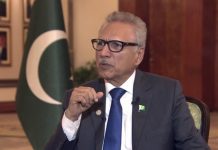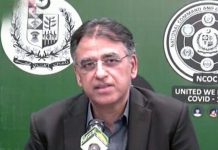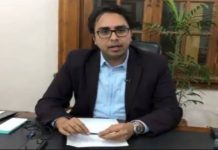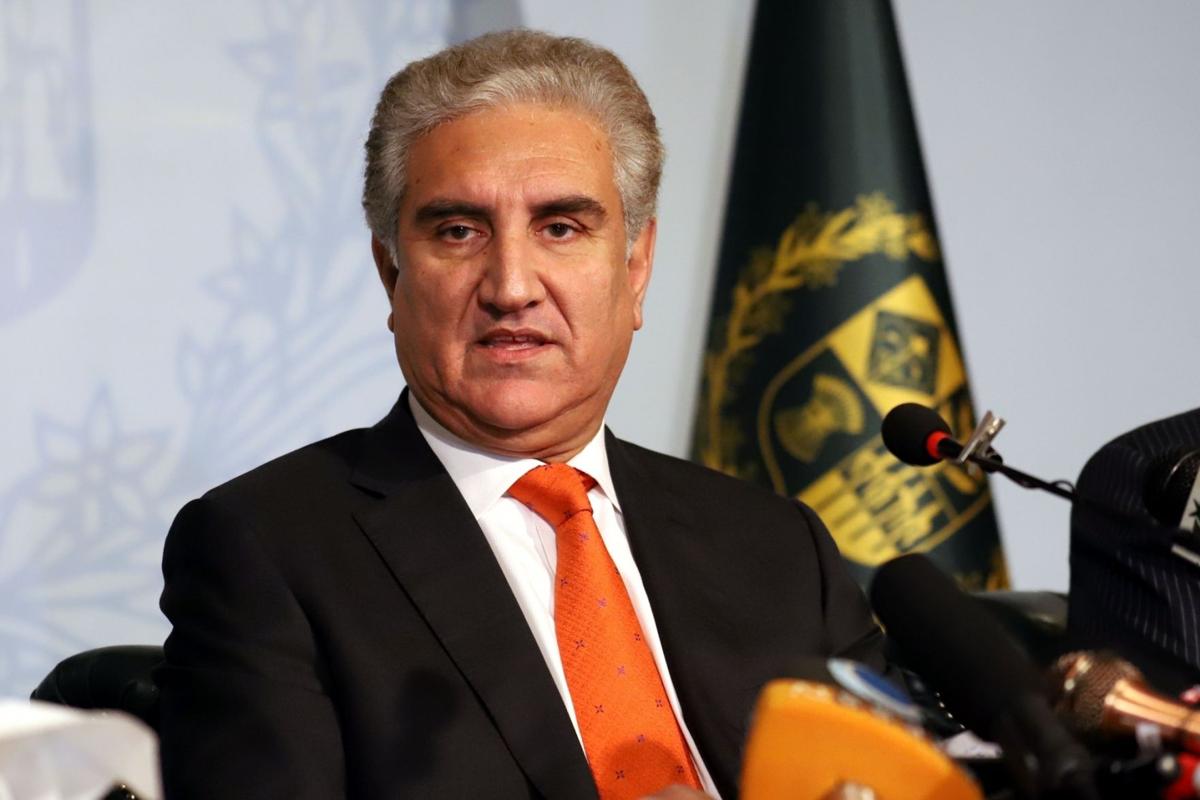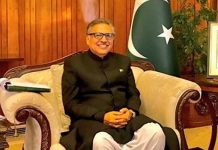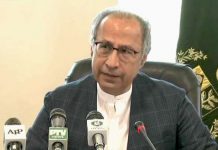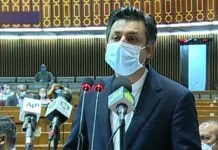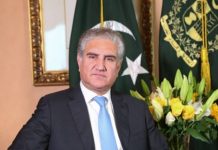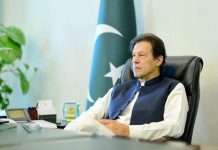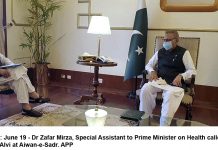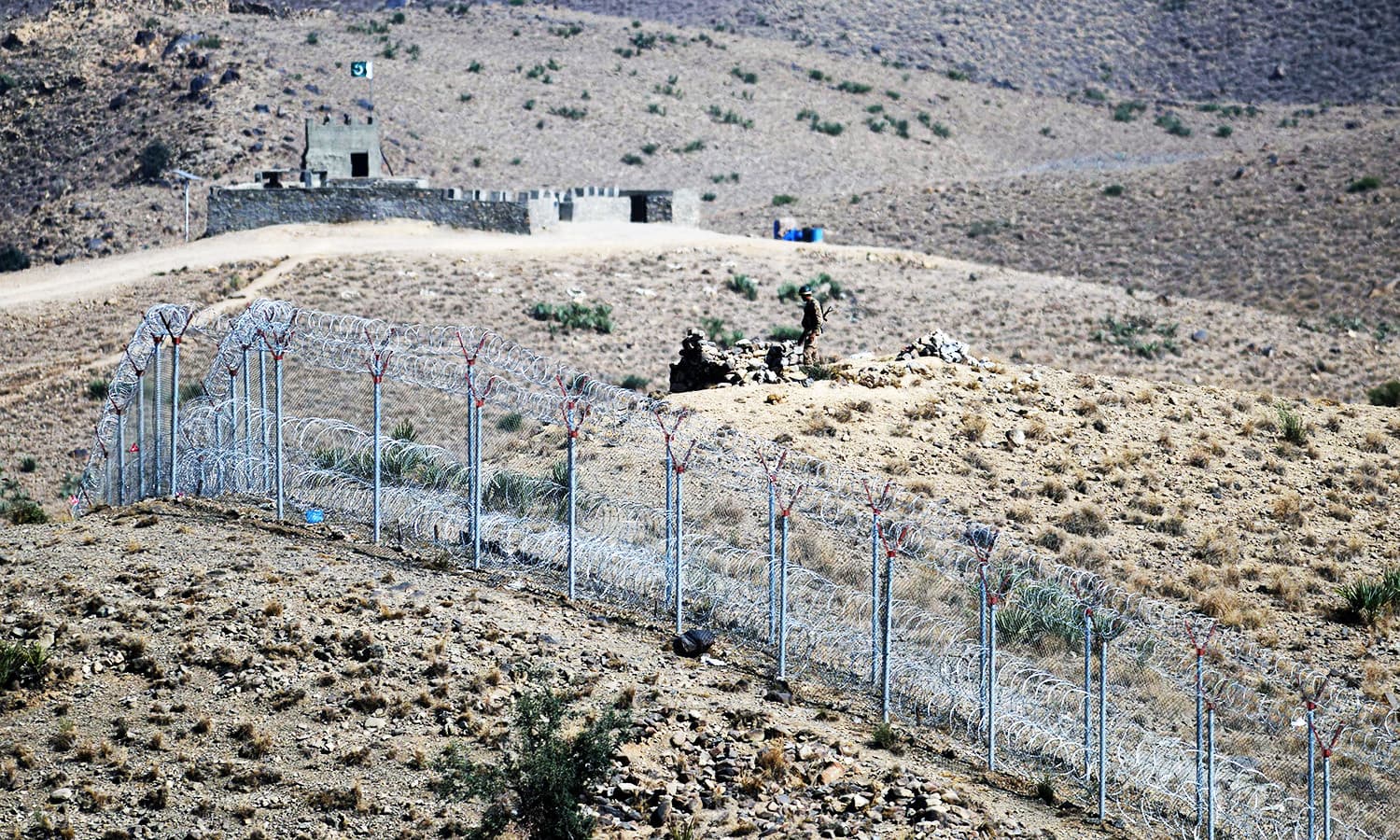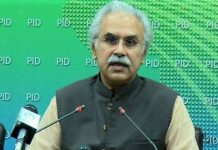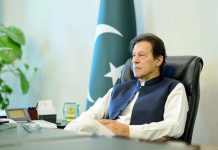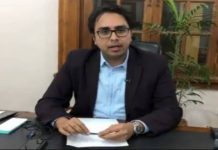By Rehan Khan
ISLAMABAD, Oct 01 (APP): Ministry of Religious Affairs and Interfaith Harmony’s Additional Secretary Dr. Syed Ata-ur-Rehman on Tuesday urged the religious scholars to raise public awareness on the Islamic guidance regarding duration and benefits of breastfeeding.
During a national interfaith dialogue on the ‘Role of Religious Leadership in Promoting Better Nutrition and Welfare for Women and Newborns’, he said providing breast milk to newborns was their fundamental right, and emphasized that the religious affairs ministry was ready to fully collaborate with the Ministry of National Health Services, Regulations and Coordination and other relevant institutions to create awareness on this significant matter.
The meeting, held at the religious affairs ministry, was attended by representatives from the health ministry, UNICEF, Save the Children, Health Services Academy, Dawah Academy, Council of Islamic Ideology (CII), and several religious scholars.
Dr. Ata-ur-Rehman further added that the CII, male and female Islamic scholars, and religious leaders from various faiths will be consulted for the guidance.
Speaking on the occasion, Vice-Chancellor of Health Services Academy, Dr. Shehzad Ali Khan highlighted that the family was the core unit of society, with the mother playing a pivotal role. He pointed out that while Pakistan’s family system is exemplary, there are efforts to undermine it through specific media campaigns.
Dr. Shehzad also noted that Islamic teachings on maternal and child health were highly advanced, underscoring the importance of collaboration between the religious affairs ministry and religious scholars to safeguard the health of mothers and children.
He expressed concern over the health risks posed by substitute products for breast milk, adding that despite marketing claims, there was no replacement for a mother’s milk.
Dr. Shehzad said, “Newborns who consume their mother’s milk receive essential immunity right after birth,” adding that it positively impacts a child’s mental, moral, and physical development.
Mufti Gulzar Naeemi, speaking from an Islamic perspective, urged mothers to breastfeed their children for at least two years, in line with Quranic teachings. He further recommended including religious institutions in awareness and training programmes on maternal and child nutrition.
Dr. Ashfaq emphasized that children should be breastfed until they develop teeth, mentioning that breastfeeding is an obligation upon the mother.
Dr. Zia-ur-Rehman, Director General of Dawah Academy, called for the development of comprehensive literature on breastfeeding based on the Quran and Sunnah and offered the Academy’s full support in this endeavor.
Christian leader Christopher Sheriff said the Christian faith also strongly discourages alternatives to breast milk. He suggested that if a mother was unable to breastfeed, close female relatives should do so, and recommended promoting marriage counseling through churches and mosques.
In her remarks, Dr. Ayesha from the health ministry emphasized the importance of using media to educate the people on breastfeeding.
The meeting concluded with a call for comprehensive legislation to discourage the promotion of artificial milk substitutes, while also stressing the need to ensure the mental and physical well-being of mothers through proper nutrition. It was also recommended to discourage marriages within the same family for the sake of children’s health.

